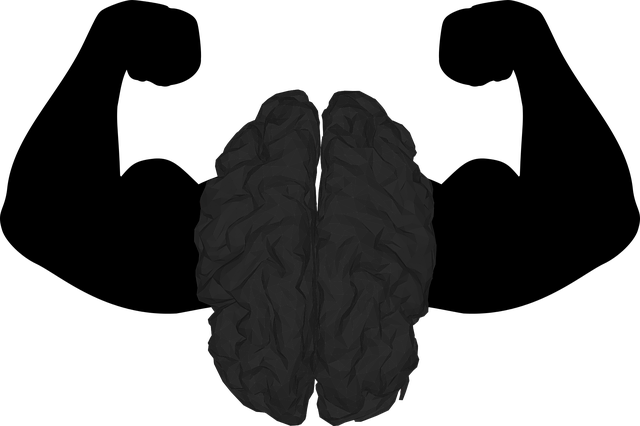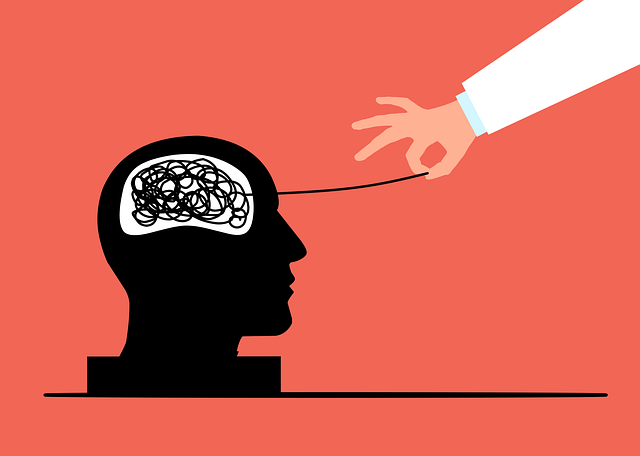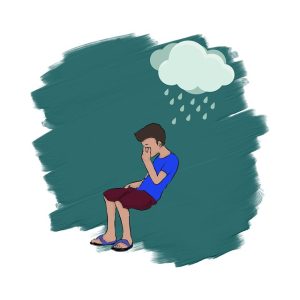Mental health counseling for children provides specialized support through evidence-based therapeutic approaches, addressing anxiety, depression, trauma, and behavioral problems. Parents can access local resources or online directories to find qualified counselors offering individual, group, and family sessions. The process involves evaluating expertise, communication, accessibility, and therapeutic alignment, with many communities offering affordable services through clinics, hospitals, or community centers. Encouraging open communication at home complements therapy, fostering resilience and lifelong emotional management skills.
Ensuring your child’s well-being is paramount, and access to qualified mental health professionals can be transformative. This guide navigates the crucial topic of child mental health services, empowering parents to identify local resources for counseling. We explore various types of mental health support tailored for children, offering insights into choosing the right counselor and addressing accessibility and affordability concerns. Additionally, learn strategies to facilitate your child’s journey through therapy, fostering a supportive environment for healing and growth.
Understanding Child Mental Health Professionals

Child mental health professionals play a vital role in supporting and guiding young individuals navigating various emotional and psychological challenges. These experts offer specialized services, including mental health counseling, designed to foster healthy development and cope with issues such as anxiety, depression, trauma, or behavioral problems. They work closely with children, adolescents, and their families to create personalized treatment plans that promote resilience and overall well-being.
Mental health counseling provided by these professionals employs evidence-based therapeutic approaches tailored to each child’s unique needs. Through active listening, empathy, and a safe, non-judgmental environment, counselors help children express their feelings, build coping strategies, and enhance their problem-solving skills. The goal is not just to address immediate concerns but also to equip young people with lifelong tools for managing stress, maintaining mental health, and thriving in various aspects of life.
Identifying Local Resources for Counseling

When seeking support for a child’s mental health, the first step is often identifying nearby resources for counseling. This process begins with understanding that various organizations and professionals offer specialized services tailored to young individuals’ unique needs. Local communities often have dedicated mental health centers or clinics that provide these services, ensuring accessibility for families.
One effective method to uncover these resources is through online searches, where directories and maps can pinpoint nearby therapists or counseling centers. Many websites and apps are designed to assist parents in finding appropriate mental health counseling for their children, offering filters for specific issues, age groups, and locations. This modern approach streamlines the search process, allowing parents to make informed decisions about their child’s well-being.
Types of Mental Health Services for Children

Mental health services for children encompass a wide range of specialized support tailored to address young minds’ unique needs. Beyond traditional therapy sessions, these services include individual counseling, group therapy, and family-focused interventions. Mental health counselors play a pivotal role in identifying and addressing issues such as anxiety, depression, trauma, and behavioral challenges. They employ evidence-based practices like cognitive-behavioral therapy (CBT) to help children develop coping strategies and enhance their emotional well-being.
Additionally, services may involve case management, connecting families with community resources, and crisis intervention for acute situations. The goal is to create a holistic support system that nurtures children’s mental health and resilience, ensuring they receive the necessary care close to home.
What to Consider When Choosing a Counselor

When selecting a child mental health counselor, several key factors come into play. Firstly, consider their expertise and experience in working with children and adolescents. Look for professionals specializing in childhood mental health issues to ensure they have the necessary skills to address your child’s unique needs. Qualified counselors should possess degrees in psychology, counseling, or related fields, and additional training in child therapy is beneficial.
Secondly, the counselor-parent relationship is vital. It’s essential to find a therapist with whom you feel comfortable discussing sensitive matters regarding your child’s well-being. Effective communication and mutual trust are cornerstones of successful therapy. Consider counselors who offer flexible scheduling options and are easily accessible, as consistent attendance is crucial for ongoing support. Additionally, understanding their therapeutic approach and being aligned with their methods can greatly impact the effectiveness of mental health counseling for your child.
Accessing and Affordability of These Services

Accessing child mental health professionals can be a significant step towards ensuring your child receives the necessary support for their emotional well-being. However, finding the right fit and navigating affordability can present challenges. Many communities offer a range of services, including mental health counseling for children and adolescents, often through local clinics, hospitals, or community centers. These services are designed to be accessible, with some providers offering sliding scale fees based on income, making counseling more affordable for families with varying financial situations.
Online platforms and telemedicine have also made it easier to locate and connect with mental health professionals nearby. Parents can search for licensed counselors specializing in childhood mental health, read reviews, and compare services before scheduling an initial consultation. This accessibility and convenience ensure that families have options when seeking support, allowing them to find the right mental health counseling to meet their child’s unique needs.
Supporting Your Child Through Therapy

Supporting your child through therapy is a vital step in ensuring they receive the care they need for their mental well-being. It’s important to remember that seeking professional help is a sign of strength and a commitment to your child’s happiness. Therapy offers a safe space for children to express their feelings, fears, and frustrations under the guidance of a trained mental health counselor. These professionals are equipped with various therapeutic techniques tailored to young minds, making the process engaging and effective.
During therapy sessions, encourage open communication. Make sure your child understands that they can share anything without judgment. Create a supportive environment at home by continuing conversations started in therapy and reinforcing positive coping mechanisms. By collaborating with the mental health counselor, you can help your child develop resilience and healthy ways to manage emotions, which will benefit them throughout their lives.
